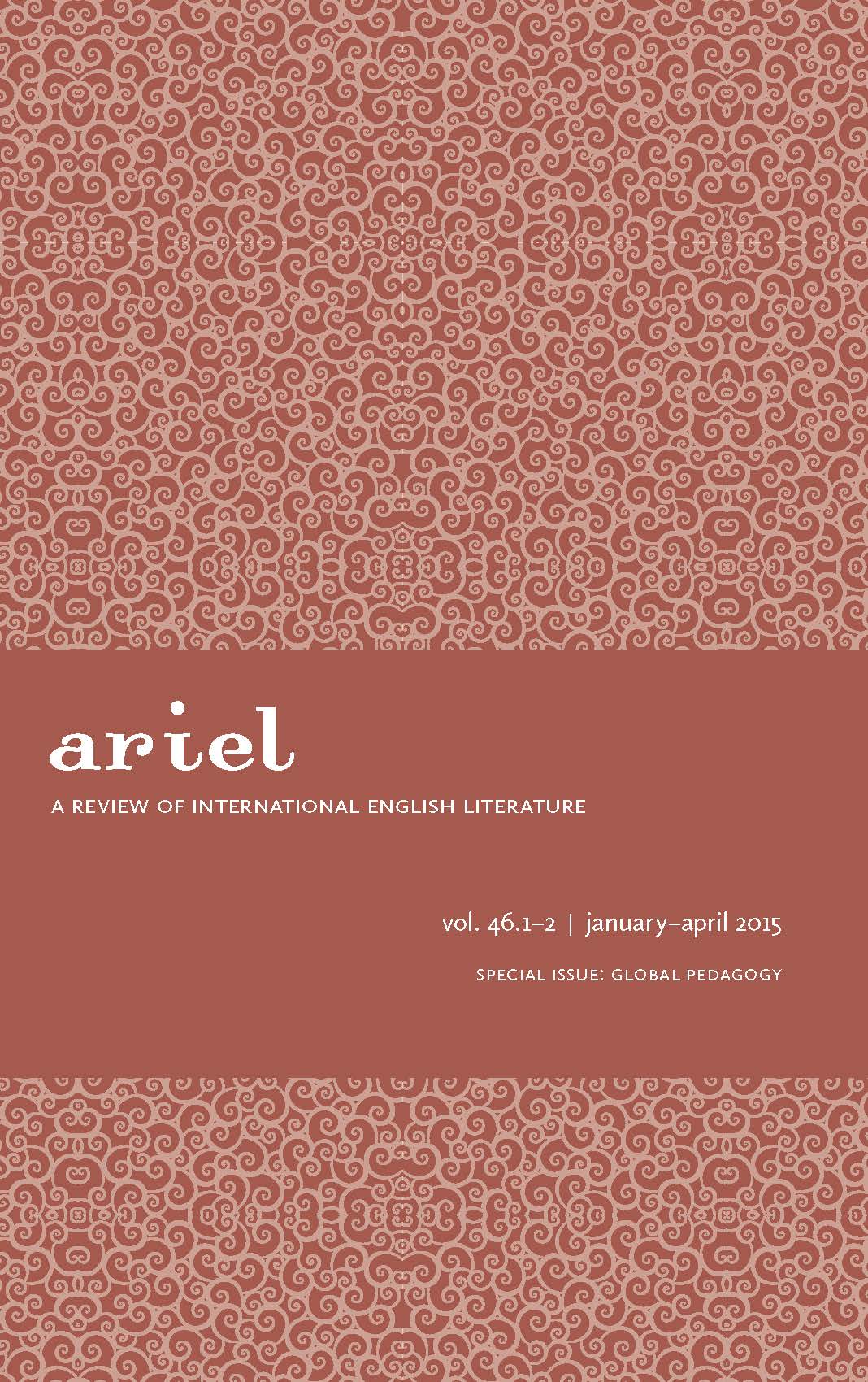Lear Reassembled in a Rust-Belt City: Playing with Intercultural Insights
Keywords:
Shakespeare, Flint, Michigan, Kazakhstan, global pedagogy, place-based educationAbstract
The essay describes the author’s attempt to apply insights from a Fulbright teaching experience in Semey, Kazakhstan to a Shakespeare classroom in the rust-belt city of Flint, Michigan. Returning to a monolingual classroom in the U.S., the author sought to import the anthropological component of foreign teaching, in which students are guides to culture and the classroom is a space of intercultural exchange, by using a strategy that worked overseas: designing a class around a major collaborative project. The task of adapting Romeo and Juliet to contemporary Kazakhstani culture inspired the decision to use Shakespeare’s play, King Lear, as a bridge between the lives of commuter students who are fearful of Flint and the people they pretend not to see—the homeless, the schizophrenics, and drug addicts. Any collaboration (home or abroad) must draw on student strengths, and, as a result, the author’s pedagogical projects exposed the strengths and weaknesses of post-Soviet collectivism and American identity politics. While the bulk of the essay examines the way the students and teacher together explored and revised their views of a defamiliarized city, its people, and one another, the author also reflects on the greater difficulties of being a teacher-anthropologist in one’s home culture. Teachers who have unpacked their bookbags in foreign classroom have, by necessity, found ways to bridge the gap between books and world, and they bring home important paradigms and a sense of urgency to live what they teach.


